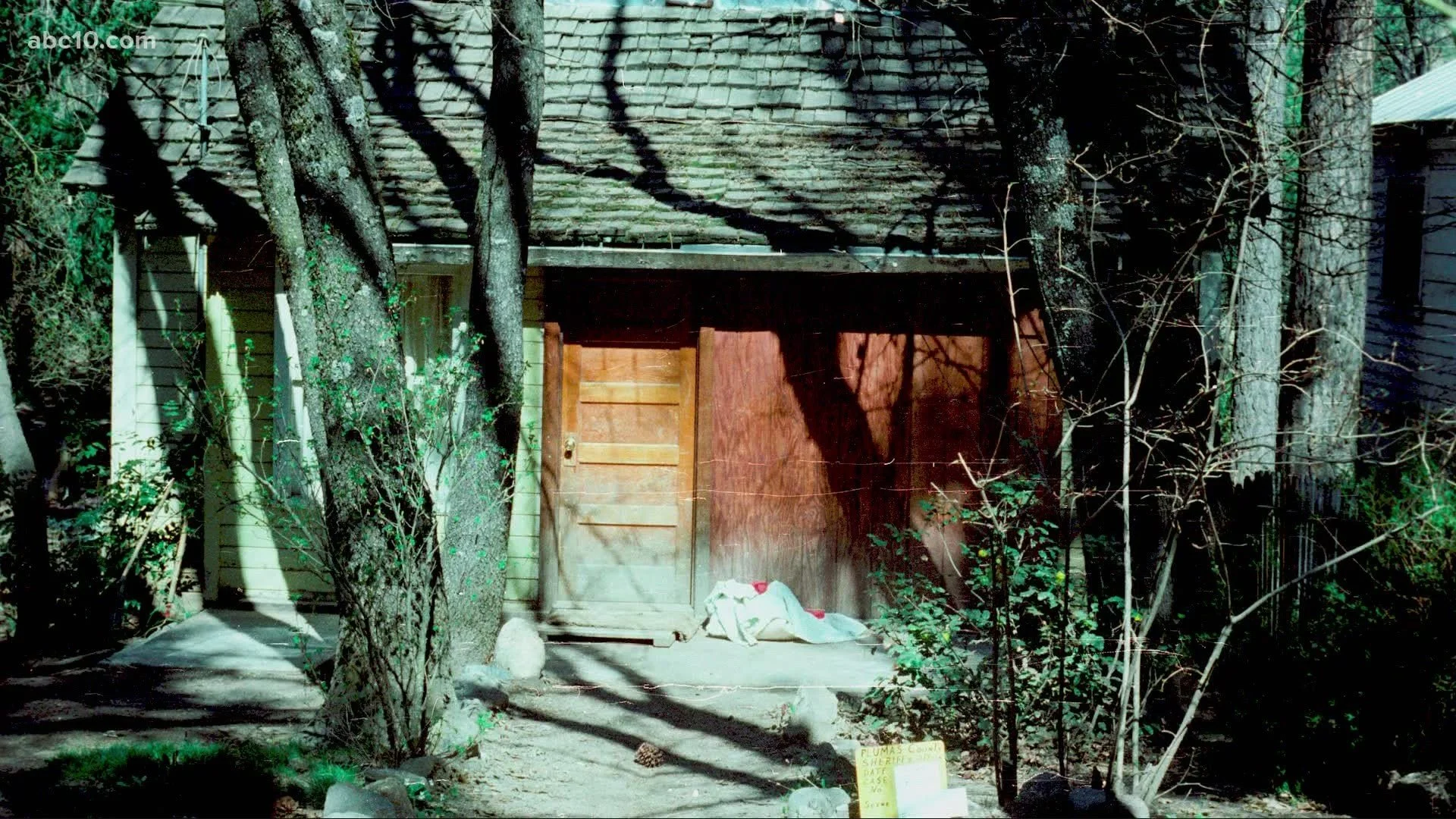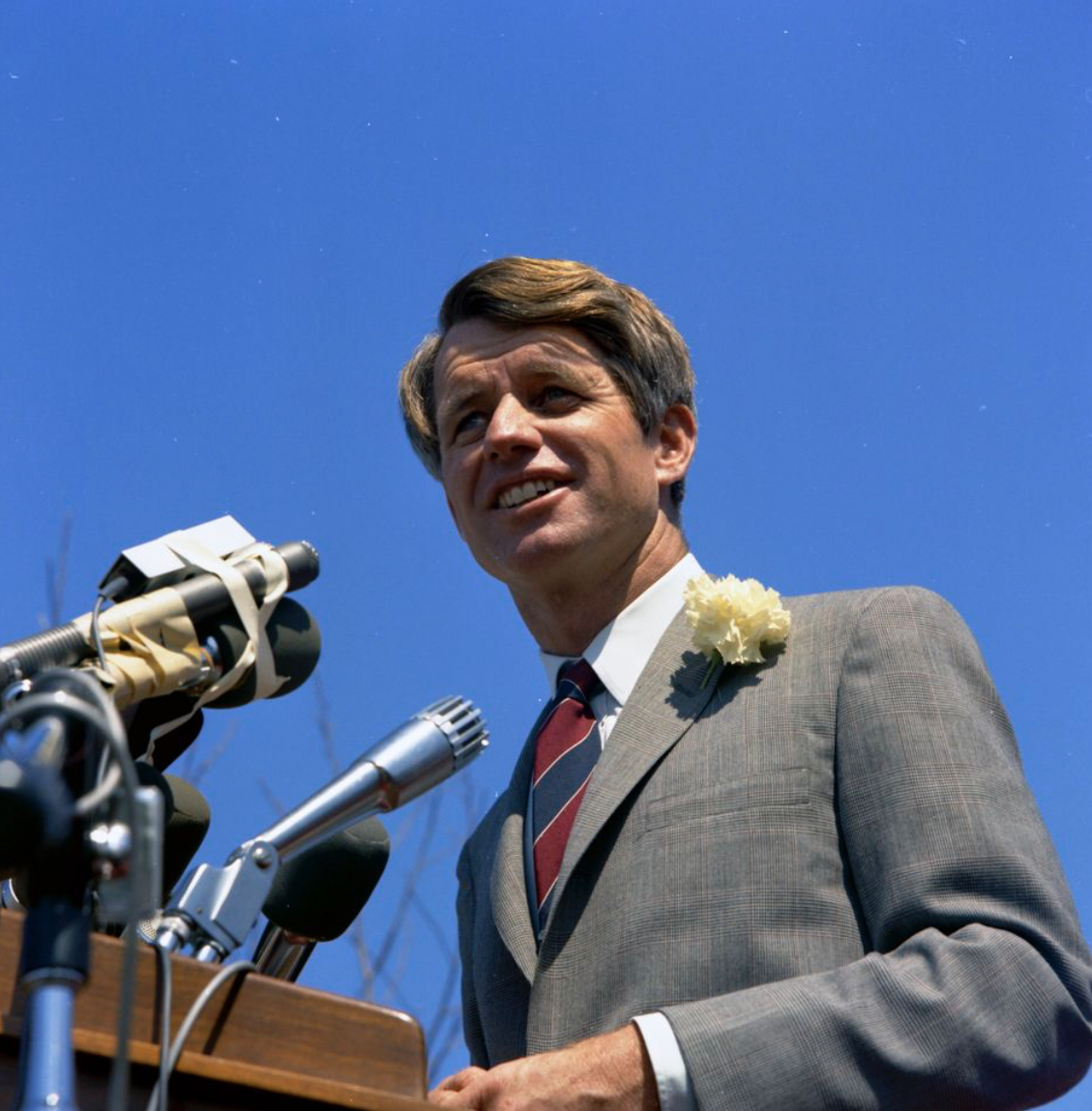On This Day: The Death of Abraham Lincoln
On the evening of April 14, 1865, John Wilkes Booth shot President Abraham Lincoln while watching a play at Ford’s Theatre. Despite the best efforts of soldiers who carried him to a boarding house and the surgeon general’s close watch, he would be pronounced dead the next morning at 7:22 a.m., on April 15, 1865.
When President Lincoln was inaugurated to the office of President, he knew he was in control of a country which was fractured. Many southern states would quickly secede from the union and the Civil War began only six weeks after he took office.
President Lincoln would sign the Emancipation Proclamation on January 1, 1863, freeing all slaves within he United States. Through nearly four years of war and bloodshed, Confederate general Robert E. Lee surrendered to Union General Ulysses S. Grant, which signaled the end of the conflict.
John Wilkes Booth, a prominent stage actor, was a Confederate sympathizer. Throughout his life, he was pro-slavery, and strongly opposed abolitionists throughout the country. As a popular actor in the 1860s, he would travel extensively through the North and the South, outspoken about his hate of Lincoln. When General Lee surrendered to General Grant on April 12, 1865, it set everything for Booth in motion.
Distraught, on the morning of April 14, Booth learned the President would be seeing a production of Our American Cousin at Ford’s Theatre. He, along with numerous co-conspirators outlined a plan to not only assassinate President Lincoln, but Vice President Andrew Johnson, and Secretary of State William Seward.
Booth approached President Lincoln in the private box he shared with his wife, Mary Todd Lincoln, and their guests Clara Harris and Union Maj. Henry Rathbone. More prominent figures had declined his invitation to join him. The box was nearly unguarded, so Booth entered from the outside, then barred the door from the inside.
During a moment in the show which would have everyone laughing, Booth saw his chance and shot President Lincoln in the back of the head with a .44 caliber derringer, and slashed Rathbone with a knife before jumping down to the stage below, breaking his left leg. Various audience members claim they heard him yell “the South is avenged!” before running off into the night, fleeing to his home state of Maryland.
Lincoln was attended to by by several doctors in the audience, one being 23-year-old Charles Leale who rushed to the president’s box after hearing the screams of Mary Todd Lincoln. He found the president slumped forward and paralyzed.
Soldiers would carry President Lincoln across the street to Peterson House. When the surgeon general arrived, he told those in the home that President Lincoln would not survive the night. Vice President Johnson and others in his cabinet would stand in vigil by the president’s bedside until he died at 7:22 the next morning at the age of 56.
As the nation mourned their fallen president, Union soldiers followed Booth. Many in the audience recognized him from his acting fame. The pair stopped at the home of Samuel Mudd, a physician who treated Booth’s broken leg.
On April 26, Union troops surrounded the Virginia barn where Booth and his accomplice Herold were held up. The troops set fire to the barn, causing Herold to leave the barn. Booth remained inside. A sergeant would then shoot his gun, claiming Booth raised his gun to kill. Booth became paralyzed, remaining alive for three more hours before succumbing to his injuries.
Four of Booth’s co-conspirators would be tried and executed by the government on July 7, 1865. This included Herold, who attacked Secretary of State Seward, and Mary Surratt, the first woman to be executed by the federal government.
Today, President Lincoln is remembered as one of the, if not the, greatest President in American history. He has been seen as a national martyr. The Lincoln Memorial in Washington D.C. has become one of the city’s most iconic landmarks, and serves as a dedication to his memory.






